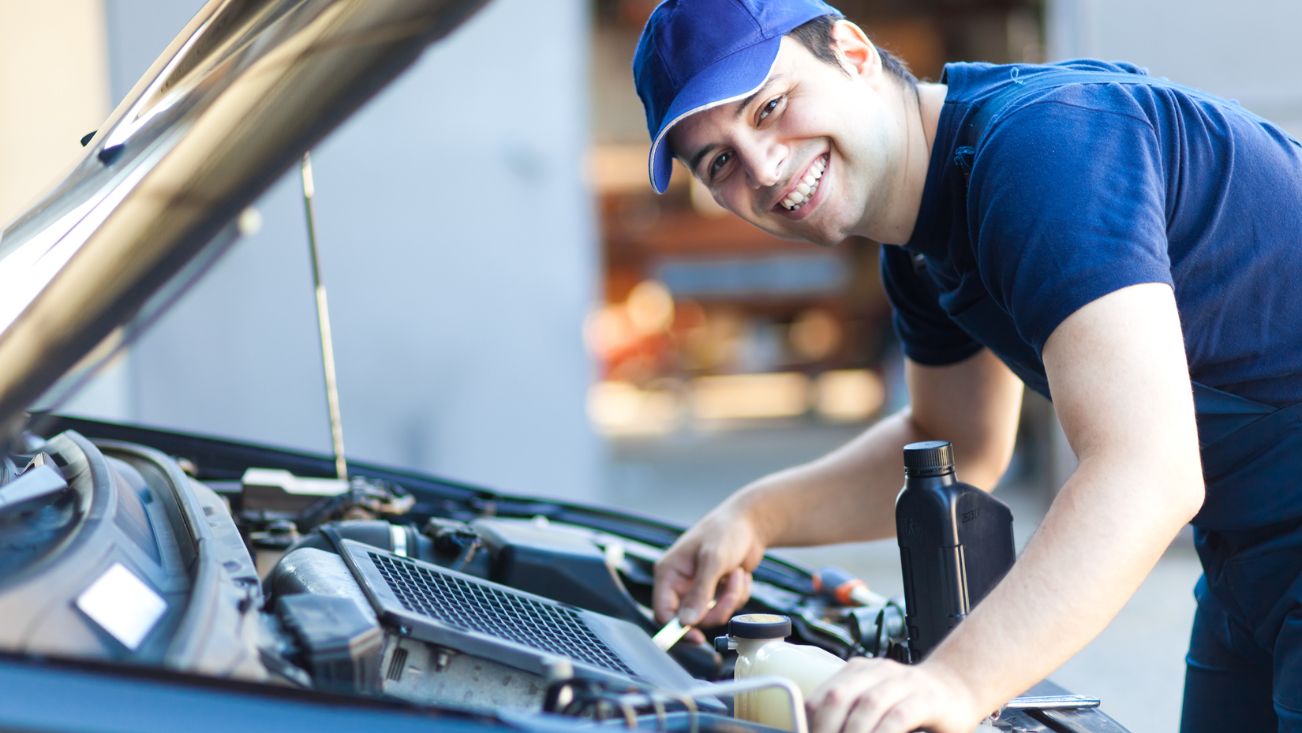All Categories
Featured
Brakes are perhaps the most crucial safety and security attribute of any automobile. Without reliable brakes, also the most effective vehicle can end up being a risk on the roadway.
- The Significance of Regular Brake Inspections. Brakes go through continuous deterioration with every usage, whether you're driving at high rates on the highway or cruising via city roads. Over time, brake pads, rotors, and other parts wear down, which can affect braking efficiency. Without normal evaluations, you might not notice the progressive reduction in efficiency till it's too late.
Routine brake inspections enable you to capture issues early, making sure that your brakes continue to be receptive, trustworthy, and risk-free. Timely examinations can likewise save you cash by resolving small problems prior to they end up being pricey repairs.
- Usual Indications That Your Brakes Required Attention. While routine brake assessments are vital, there are some indication you can look out for to understand when it's time to set up a check-up:
Squeaking or Grinding Sounds: Piercing squeaks or grinding noises when applying the brakes are usually indicators that your brake pads are broken and need replacement. Vibration or Pulsation: If you really feel vibrations in the guiding wheel or the brake pedal, it might suggest distorted rotors, which might require resurfacing or changing. Soft or Spongy Brake Pedal: If the brake pedal feels unusually soft or squishy, there might be air in the brake lines or an issue with the master cyndrical tube. Pulling away: If your cars and truck draws to one side while stopping, this might be brought on by uneven brake pad wear or an issue with the brake fluid. Boosted Stopping Range: If it takes longer to quit than typical, it might indicate that the brake pads are used, the liquid is reduced, or the rotors are harmed. If you discover any one of these signs and symptoms, it's finest to have your brakes examined quickly.

- Secret Elements Checked Throughout Brake Inspections. Throughout a brake inspection, a specialist will inspect several important components of the braking system to ensure everything is working effectively. Right here are the vital components entailed:
Brake Pads: The most typical factor for inadequate stopping performance is damaged brake pads. Examining the density of the pads is a priority throughout every inspection. Brake Rotors: Rotors ought to be smooth and without grooves or fractures. Any type of significant damages to the rotors could bring about endangered braking performance and unequal pad wear. Brake Liquid: Reduced or infected brake fluid can harm braking performance. The service technician will certainly examine the liquid degrees and high quality and change it if needed. Brake Lines and Tubes: Brake lines ought to be without leakages or splits. Any damages to the lines can cause loss of brake fluid, bring about brake failing. Brake Calipers: The calipers apply stress to the brake pads. They should be evaluated for indications of wear or leakages to ensure they are operating correctly. Frequently inspecting these parts helps keep your brake system in peak condition, permitting you to quit your car securely and successfully.
- How Frequently Should You Have Your Brakes Evaluated? The general recommendation is to have your brakes examined at least yearly or every 12,000 miles, depending upon your driving behaviors. Specific driving problems may call for even more regular evaluations:
Hefty Traffic: If you commonly drive in stop-and-go traffic, your brake pads will certainly use down quicker. Mountain Driving: Driving on steep roads requires more constant stopping, which can trigger your brakes to wear quicker. Towing or Hauling Heavy Plenties: If you frequently carry heavy loads, your brakes will experience much more anxiety and need even more regular examinations. If you notice any of the indication mentioned earlier, don't wait on the next scheduled examination-- have your brakes examined immediately.
- The Consequences of Neglecting Brake Inspections. Neglecting normal brake examinations can lead to severe repercussions. A failing brake system might result in decreased quiting power, which enhances your danger of accidents.
In the worst case, driving with harmed brakes can result in complete brake failure, putting you and other drivers in danger. Routine brake assessments are a small investment that can save your life and protect against costly repairs.
- Verdict: Stay Safe with Routine Brake Inspections. Brakes are not something you intend to take opportunities with. A trusted braking system is vital for secure driving, and routine brake evaluations are a simple method to make sure that your automobile quits when you require it most. By remaining on top of brake upkeep, seeing for warning signs, and having your brakes examined at the recommended periods, you'll safeguard both your vehicle and your safety.
Do not wait till your brakes start to stop working-- schedule routine brake evaluations and keep your lorry in ideal problem for several years ahead.
Latest Posts
Experience WyHy Federal Credit Union – Top Perks for Your Money Goals
Discover Your Partner at WyHy Reduces Your Costs on Financing and Accounts
Shield and Enhance Your Home with Weathercraft's Exterior siding Solutions
More
Latest Posts
Experience WyHy Federal Credit Union – Top Perks for Your Money Goals
Discover Your Partner at WyHy Reduces Your Costs on Financing and Accounts
Shield and Enhance Your Home with Weathercraft's Exterior siding Solutions
